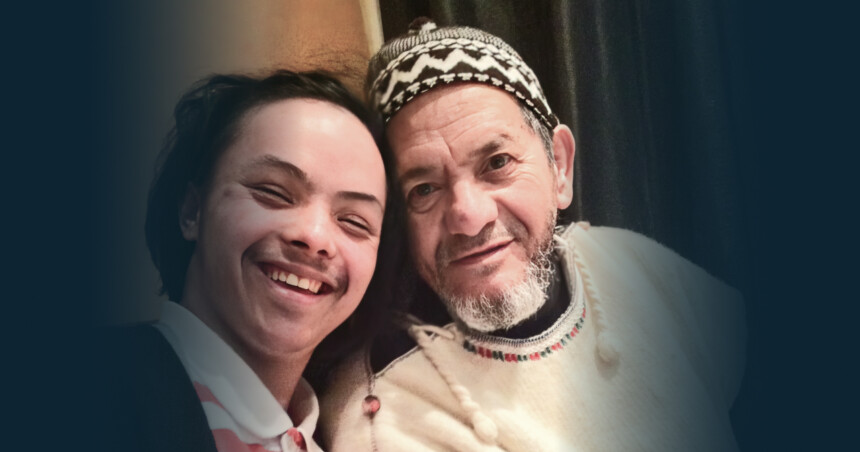Innā lillāhi wa innā ilayhī rājiʿūn. Indeed, to Allah we belong, and to Him we are returning.
Abdesslam Dergoul, the son of Muhammad Dergoul — who plied his craft as a baker in London, England, from the 70s — died on Monday, 20 January, in Larache, Morocco. He was 89.
His death followed a sudden deterioration of breathing through the night and into the morning hours. His soul departed at approximately 7:35am, just after the Fajr adhān. He had suffered a stroke in 1996.
Abdesslam was buried locally at Sidi Laarbi cemetery, straight after Duhr by his loved ones and those of the community around him.
He is survived by his wife, Rhemo Amour, and six children, who offered their reflections, saying:
He was a man of the people, engaged in society, although outside the walls of institutions and ideology-scented bureaucracies.
What defined him was a deep aura of positive energy, a constant smile, and his generosity and culture of charity.”
He was adventurous: the outgoing kind who would pick up hitchhikers, act as matchmaker, arbitrator, and invite Imams, scholars, and strangers to lunch.
Helping others without hesitation came naturally.
His background
Abdesslam was born on or around 1 January 1936, in Dmina, Sahel.
At age 14, he and a friend travelled 27 miles north to Larache, with a handful of live chickens to sell. When he eventually found work in the small coastal town — once known to the Romans as Lixus — his parents came to live there alongside him.
He apprenticed in the culinary art of baking and learned Spanish while working as a night shift security guard down at the Loukous tomato factory on the marina, and during the day, at the bakery, opposite the fish plaza — for the Gomendio’s family.
He married in 1968 at age 33, and when opportunity in England came calling, left for London in October 1970 on a work permit, to be employed at the Hilton hotel, Park Lane, as a dishwasher.
Settling in the United Kingdom
These were the effects of the collapse of European imperialism and migration patterns that would come to define today’s 21st century Old World.
The purpose by which Moroccans came to live in the United Kingdom of Great Britain goes back to the 1960s and the 1970s.
Demand for labour in the hospitality sector, in particular, was called for by governments of both Conservative and Labour parties, to stimulate the economy — due to shortages of native British workers unenthusiastic to take on undesirable and low-wage jobs.
Months later, he found employment in his trained profession at a bakers in Piccadilly, and over the years worked in a shop in Aldgate, the famous Brick Lane bagel shop, and at his friend’s family-run bakery in Holloway.
Poignant moment after burial
At the conclusion of Abdesslam’s burial, his nephew, Mohamed Larbi El Badaoui, knelt beside the soil that lay over the grave, to pen his uncle’s name and record the date of death onto a temporary wooden plaque.
He felt his hand freeze as he attempted to write the number “20”. His “mind wondered back to his childhood”, he said, realising “the date was the same as the day [his] uncle would send” the family their financial support.
Source: Islam21c









